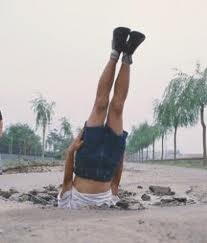Steve
Mostly Harmless
I think you'd need to see Floyd Mayweather in an MMA fight to gauge that for sure. Would be fun to watch.The interesting thing is that boxing still has the best fighters, by some definition. Conor McGregor made substantially more than 20x his usual take in MMA by fighting (and losing) to Mayweather by doing a boxing match, and it looks like the average title match for a boxer pays >10x what an average MMA title match pays. Obviously, if those MMA guys could fight at that level they'd be boxing, but since they can't fight that well they have to find a less profitable venue for their skills.
But regarding the money, MMA as a sport definitely needs to figure out how to fairly support and compensate their athletes. The way that athletes are chewed up in the sport of MMA is pretty terrible. There was a promotion a few years back, the International Fight League... didn't survive more than a few years, but it was a novel idea. They were fighter-centered. If I remember correctly, there was profit sharing with the fighters, everyone got a base salary, insurance, and the nine-yards. They were employed by the promotion, not independent contractors, which afforded the fighters a lot of benefits and security that UFC fighters don't have.
Anyway, the finances of MMA are a different topic entirely, but I'd say don't correlate directly to the relative skill of the athletes.


